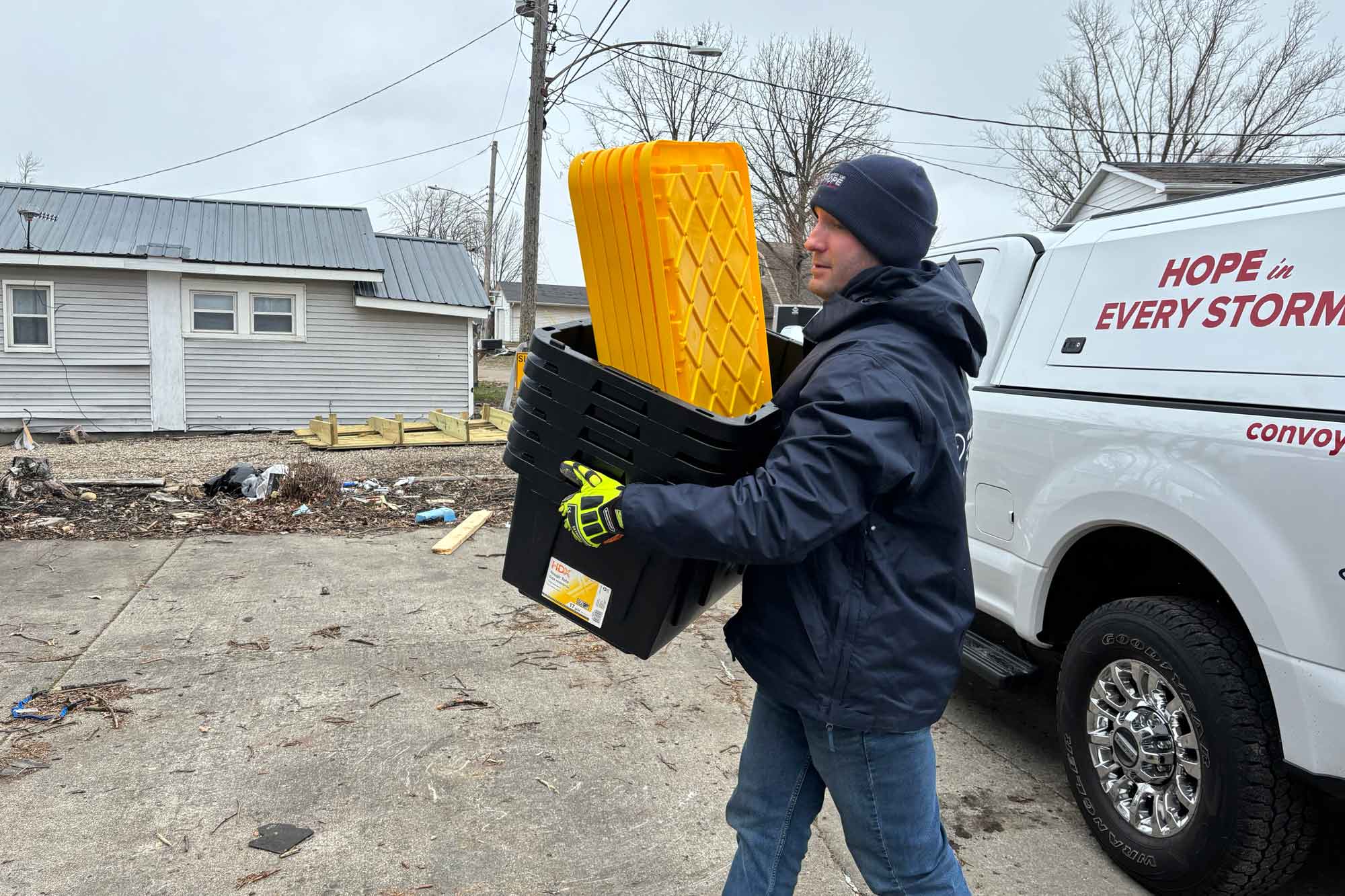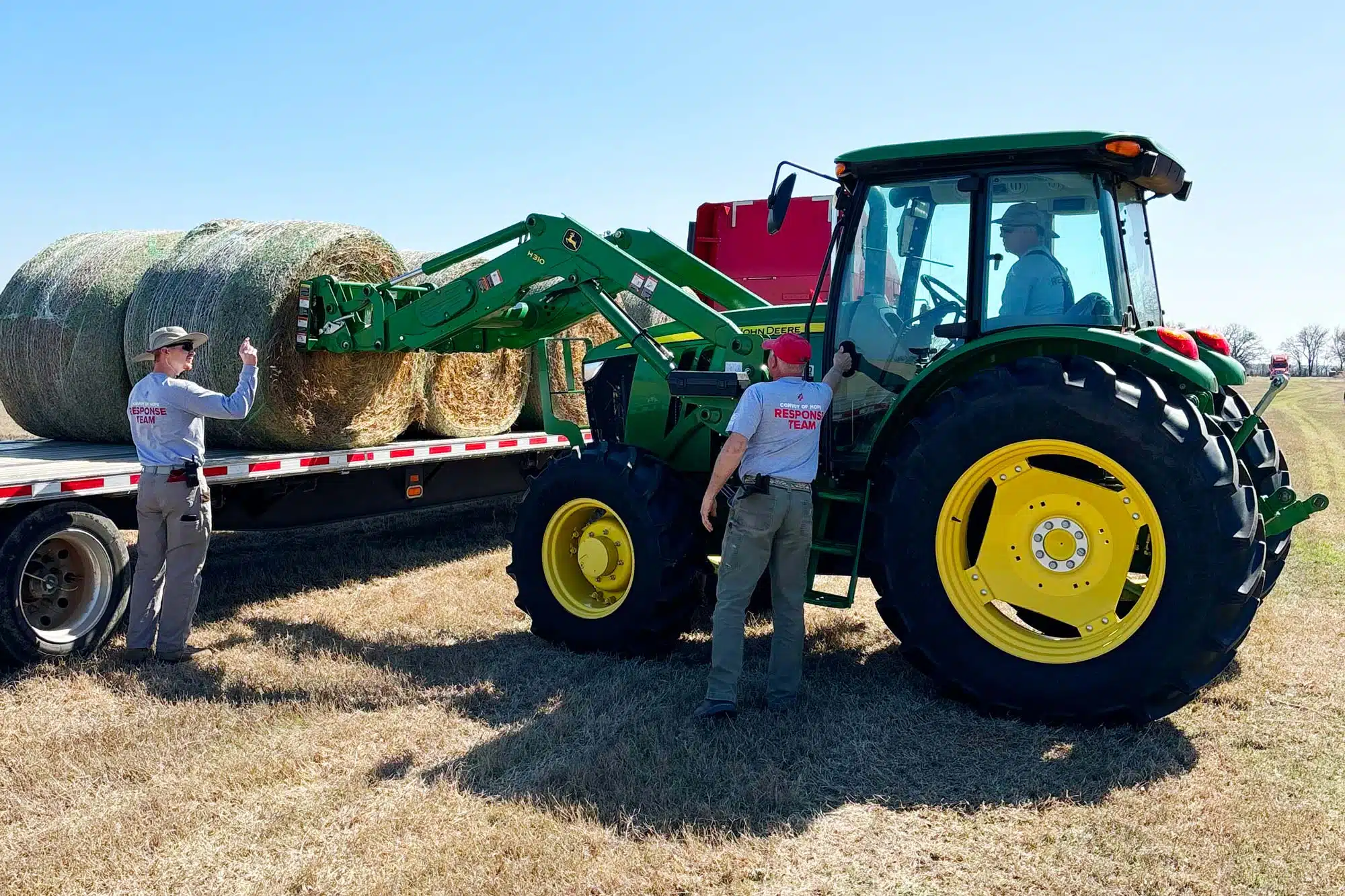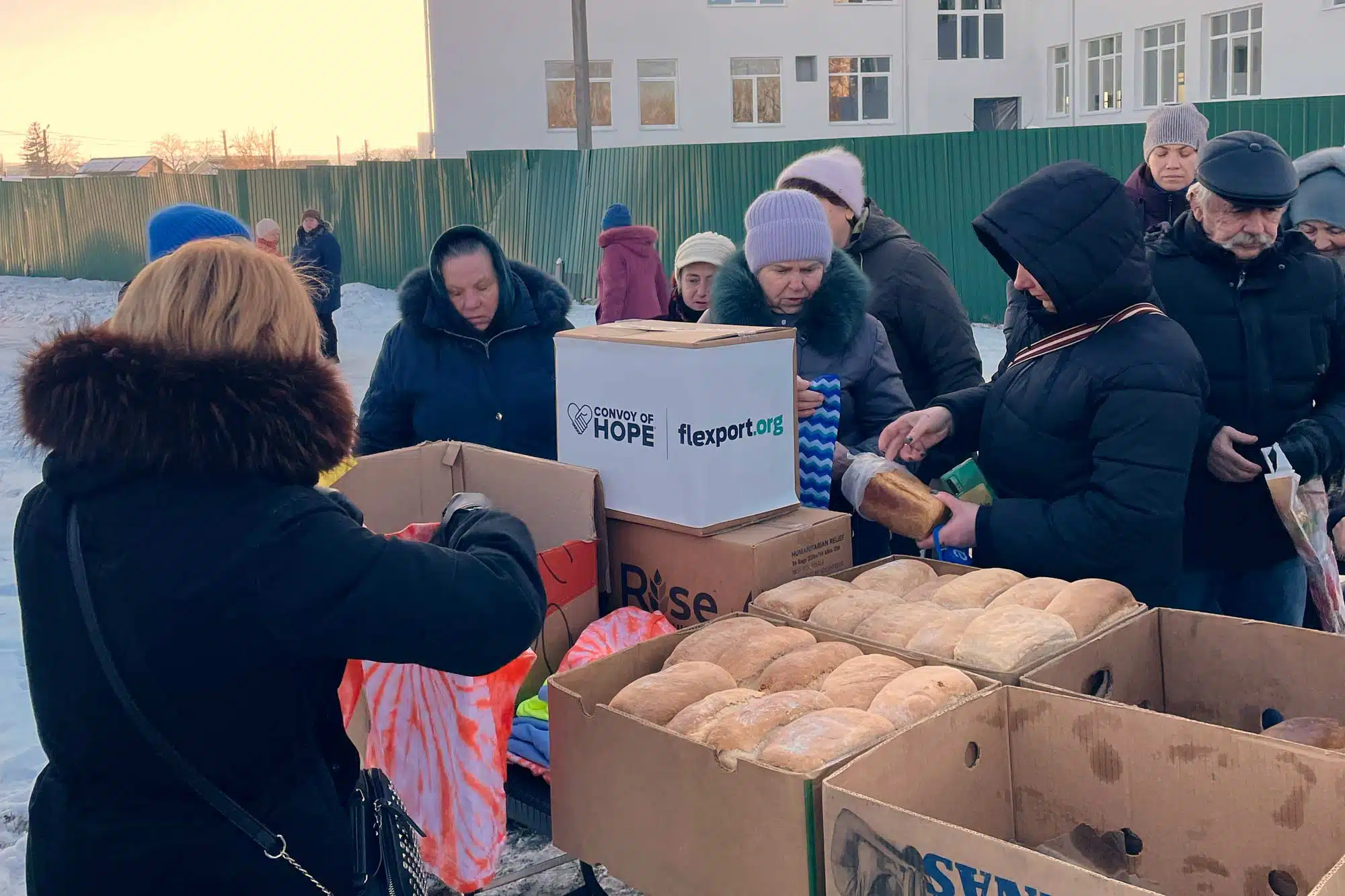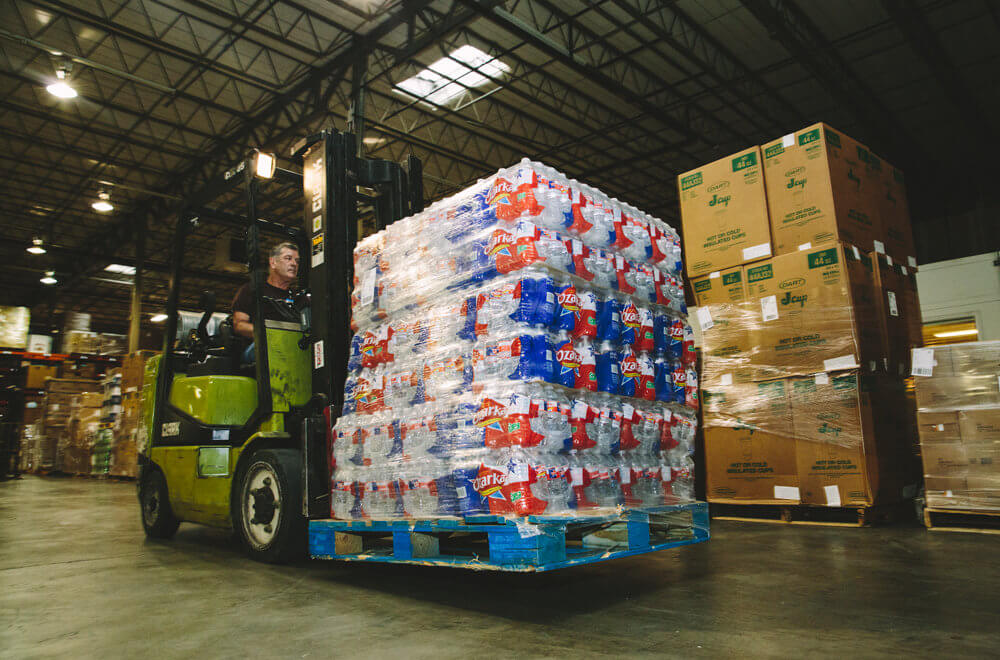Plant Nutrients: A Comprehensive Guide to What Plants Need & How They Get It
As a gardener or farmer, you know that plant growth and development are essential to your success. But did you know that there are nutrients for plants specifically required to make this happen?
In this article, we will explore the world of plant nutrients, why plants need nutrients, and how plants get what they need to grow.
What Nutrients Do Plants Need?
First, let’s talk about what nutrients plants need. Plants require a range of nutrients to grow and develop properly, with some being required in larger quantities than others.
The primary macronutrients that plants need are nitrogen (N), phosphorus (P), and potassium (K).
These three nutrients are essential for plant growth and are often referred to as NPK.
- • Nitrogen is crucial for the production of proteins, chlorophyll, and nucleic acids. A deficiency in nitrogen can result in stunted growth and yellowing of leaves.
- • Phosphorus is essential for root growth, seed formation, and energy storage. A phosphorus deficiency can lead to stunted growth and weak root systems.
- • Potassium regulates water balance, activates enzymes, and plays a role in stress tolerance. A potassium deficiency can cause slow growth, reduced yields, and weak stems.
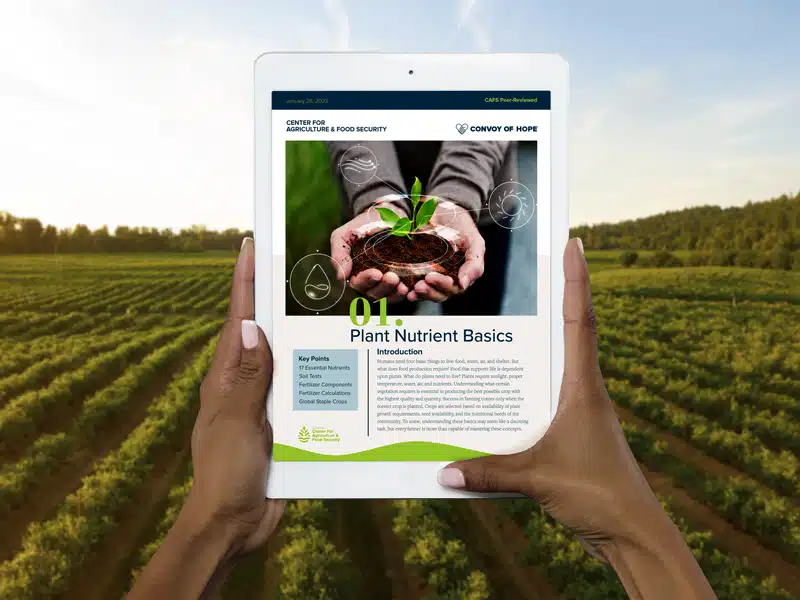
Help Your Plants Flourish This Season!
Topics Include:
— The 17 essential nutrients that every plant needs
— How to properly sample your soil nutrient content
— How to choose the right fertilizer
Download Our Plant Nutrient Basics Guide!
Learn how maintaining healthy soil and using a balanced fertilizer can help ensure that your plants are getting the nutrients they need to grow and thrive.
"*" indicates required fields
Plant Micronutrients
In addition to NPK, plants require a range of micronutrients, which are needed in small quantities. These plant micronutrients include iron (Fe), manganese (Mn), zinc (Zn), copper (Cu), boron (B), molybdenum (Mo), and chlorine (Cl). Micronutrient deficiencies can be harder to detect but can still have a significant impact on plant growth and development.
- • Iron is necessary for the production of chlorophyll and plays a role in energy transfer. A deficiency in iron can lead to yellowing of leaves.
- • Manganese activates enzymes and is involved in photosynthesis. A manganese deficiency can lead to stunted growth and yellowing of leaves.
- • Zinc is involved in the production of growth hormones and the synthesis of chlorophyll. A zinc deficiency can result in stunted growth, yellowing of leaves, and poor fruit production.
- • Copper is required for the production of proteins and enzymes. A copper deficiency can result in stunted growth and yellowing of leaves.
- • Boron plays a role in cell division and the formation of cell walls. A boron deficiency can lead to stunted growth, malformed fruit, and reduced yields.
- • Molybdenum is involved in nitrogen metabolism. A molybdenum deficiency can cause yellowing of leaves and reduced growth.
- • Chlorine is required for water splitting during photosynthesis. A chlorine deficiency can cause wilting and necrosis of leaves.
Plant Nutrients Chart
As we’ve discussed, there are different macronutrients and micronutrients that are essential for plant growth and development.
Scientists use the terms “macro” (more) and “micro” (less) to separate the two groups of nutrients.
Within the macro group, there are primary and secondary macronutrients. Take a look at this plant nutrients chart to see which nutrients fit into their respective categories.
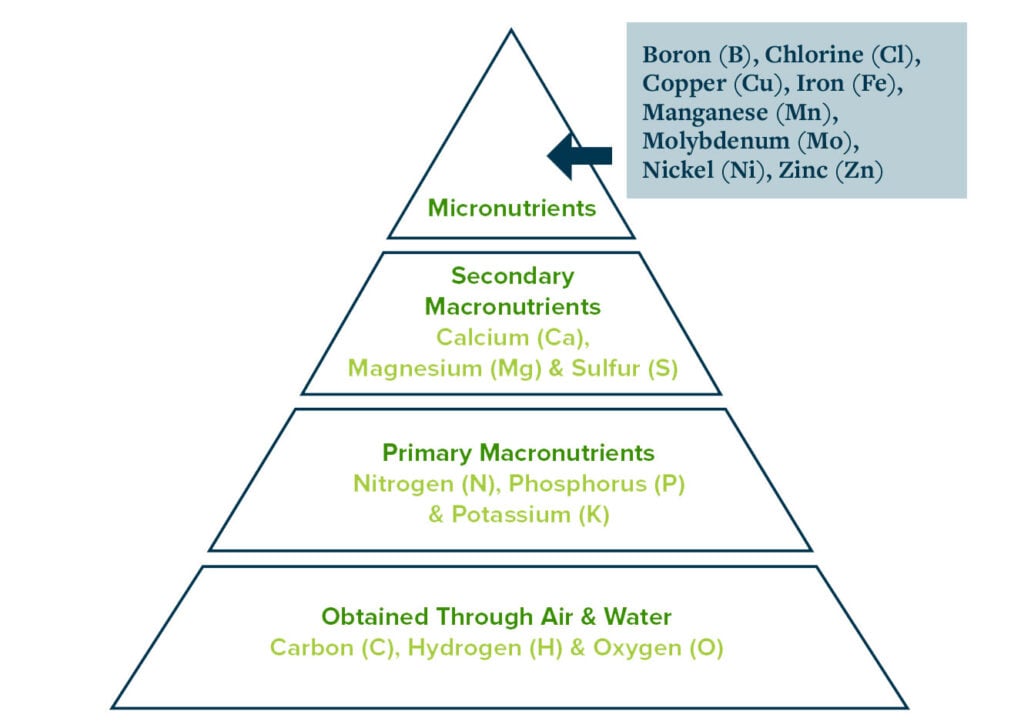
How Do Plants Get Nutrients?
So now we know what nutrients plants need, but how do they get them? Plants obtain nutrients from the soil, water, and air. The soil is the primary source of nutrients for most plants, and the availability of these nutrients depends on various factors such as:
- • Soil pH
- • Organic matter content
- • Soil texture
Plants absorb nutrients from the soil through their roots. The roots have root hairs that increase the surface area for nutrient absorption. Nutrients are absorbed in the form of ions, and the uptake is facilitated by active transport and diffusion. It is essential to maintain healthy soil that is rich in organic matter to ensure that your plants can access the nutrients they need to thrive.
In addition to soil, plants also obtain nutrients from the air and water. Carbon dioxide (CO2) is absorbed through tiny openings in leaves called stomata and is used in photosynthesis. Water is also essential for plant growth, and it carries nutrients from the soil to the plant’s cells.
So now that we know how plants get their nutrients, let’s talk about what happens when they don’t get enough. Deficiency symptoms can vary depending on the nutrient, but some common symptoms include stunted growth, yellowing or browning of leaves, poor fruit or seed production, and weak or brittle stems.
- • Calcium deficiency can lead to stunted growth, distorted leaves, and weak stems.
- • Magnesium deficiency can cause yellowing between leaf veins.
To avoid nutrient deficiencies, it is essential to maintain healthy soil that is rich in organic matter and has a pH level that is suitable for your plants. Regular soil testing can help you identify any nutrient imbalances in your soil, allowing you to adjust your fertilization and soil management practices accordingly.
In addition to proper soil management, there are other steps you can take to ensure that your plants are getting the nutrients they need.
- • Adding compost or other organic amendments to your soil can help improve soil health and fertility
- • Using a balanced fertilizer that contains the appropriate mix of macronutrients and micronutrients can help ensure that your plants are getting the nutrients they need to grow and thrive. You can learn more about calculating fertilizer in our Guide to Plant Nutrients Basic.
Next Steps
In conclusion, understanding proper nutrition for plants is essential for any gardener or farmer.
Plants require a range of nutrients to grow and develop properly, with macronutrients such as nitrogen, phosphorus, and potassium being required in larger quantities than micronutrients. Plants obtain these nutrients from the soil, water, and air, and the uptake is facilitated by active transport and diffusion.
Maintaining healthy soil and using a balanced fertilizer can help ensure that your plants are getting the nutrients they need to grow and thrive. By paying attention to your plants’ nutrient needs and taking steps to address any imbalances, you can enjoy healthy, vibrant plants and bountiful yields.

Help Your Plants Flourish This Season!
Topics Include:
— The 17 essential nutrients that every plant needs
— How to properly sample your soil nutrient content
— How to choose the right fertilizer
Download Our Plant Nutrient Basics Guide!
Learn how maintaining healthy soil and using a balanced fertilizer can help ensure that your plants are getting the nutrients they need to grow and thrive.
"*" indicates required fields
Convoy of Hope Equips Farmers With Knowledge About Proper Nutrition for Plants
Convoy of Hope is passionate about equipping vulnerable individuals, families, and communities with the agricultural education, tools, and seeds they need to produce life-sustaining crops.
To date, more than 110,000 individuals around the world have been resourced with education, tools, and one-on-one coaching through Convoy of Hope’s Agriculture initiative. And we’re not even close to being done! As our program, we have the opportunity to significantly expand our work to meet the rising worldwide need for food security.


